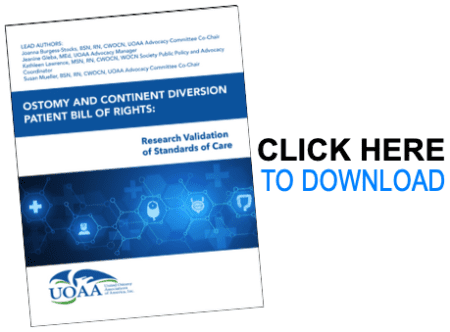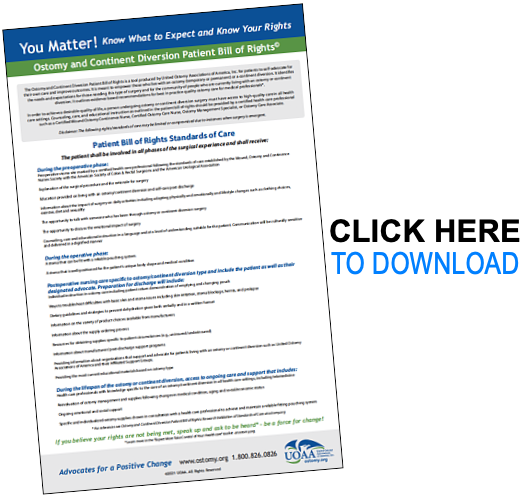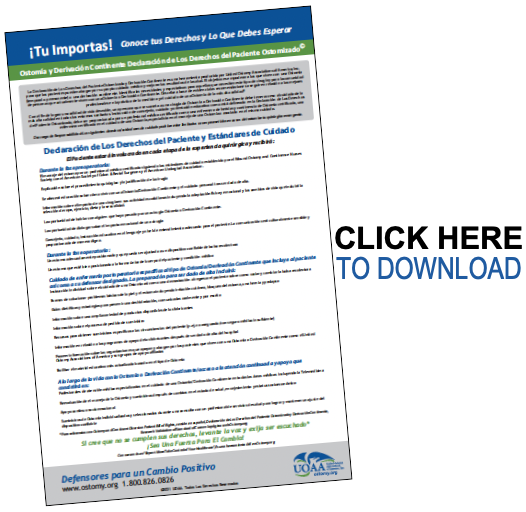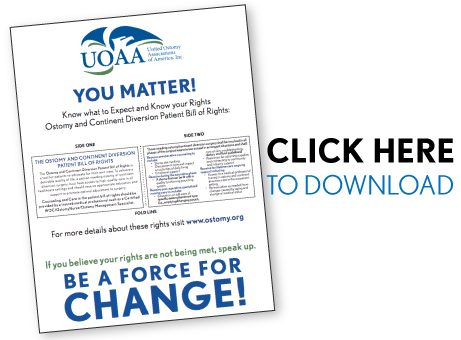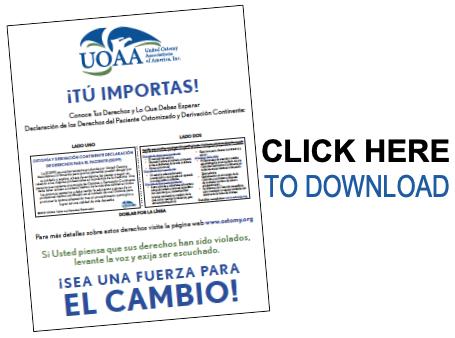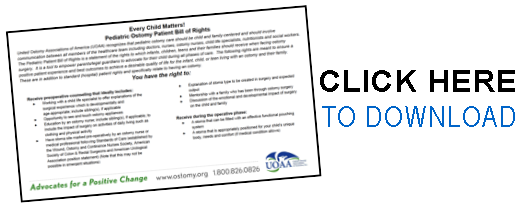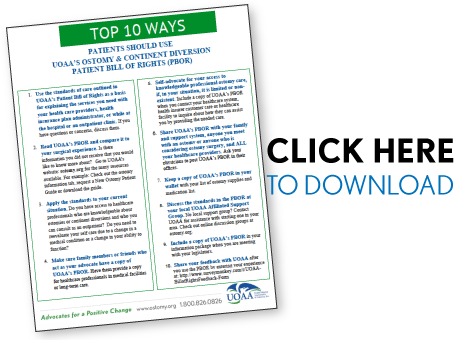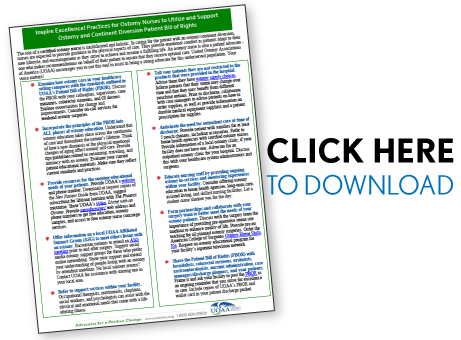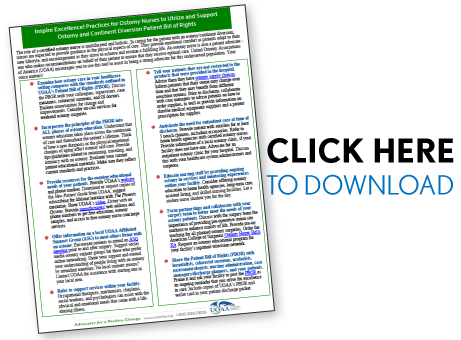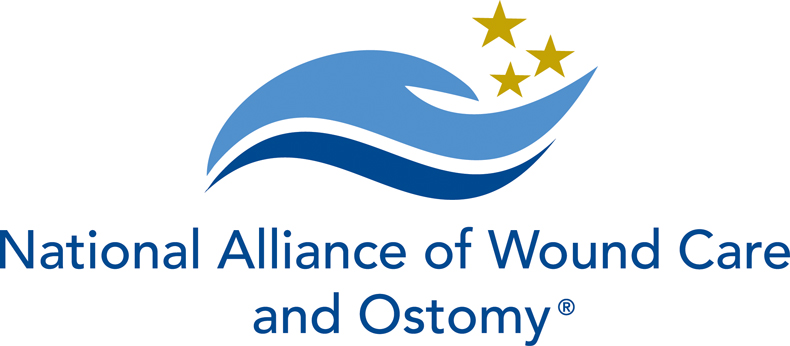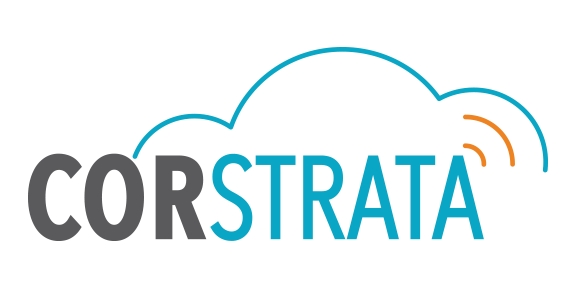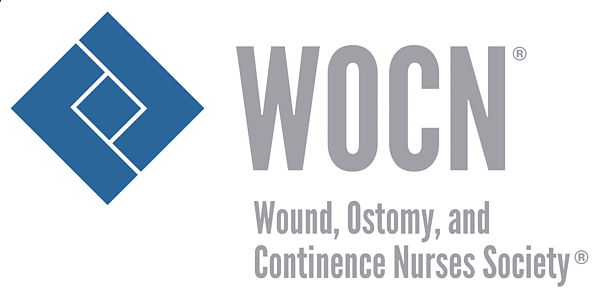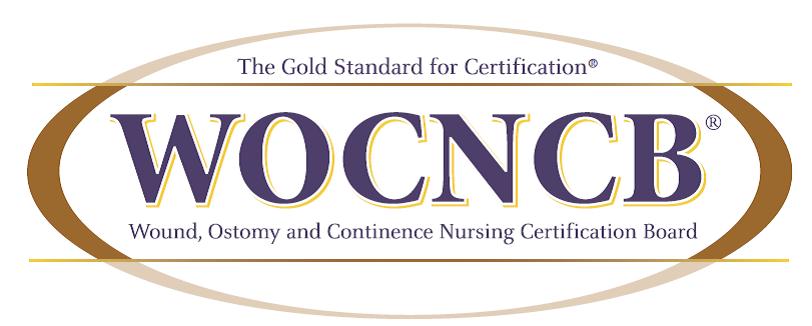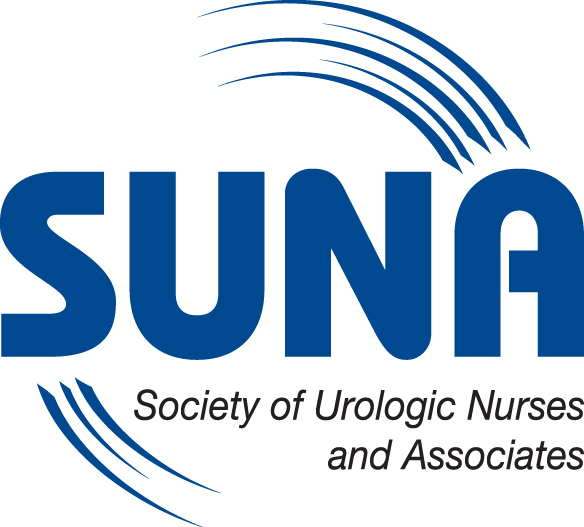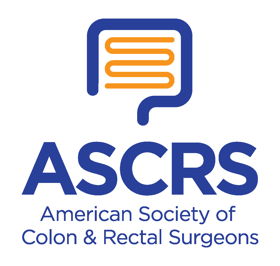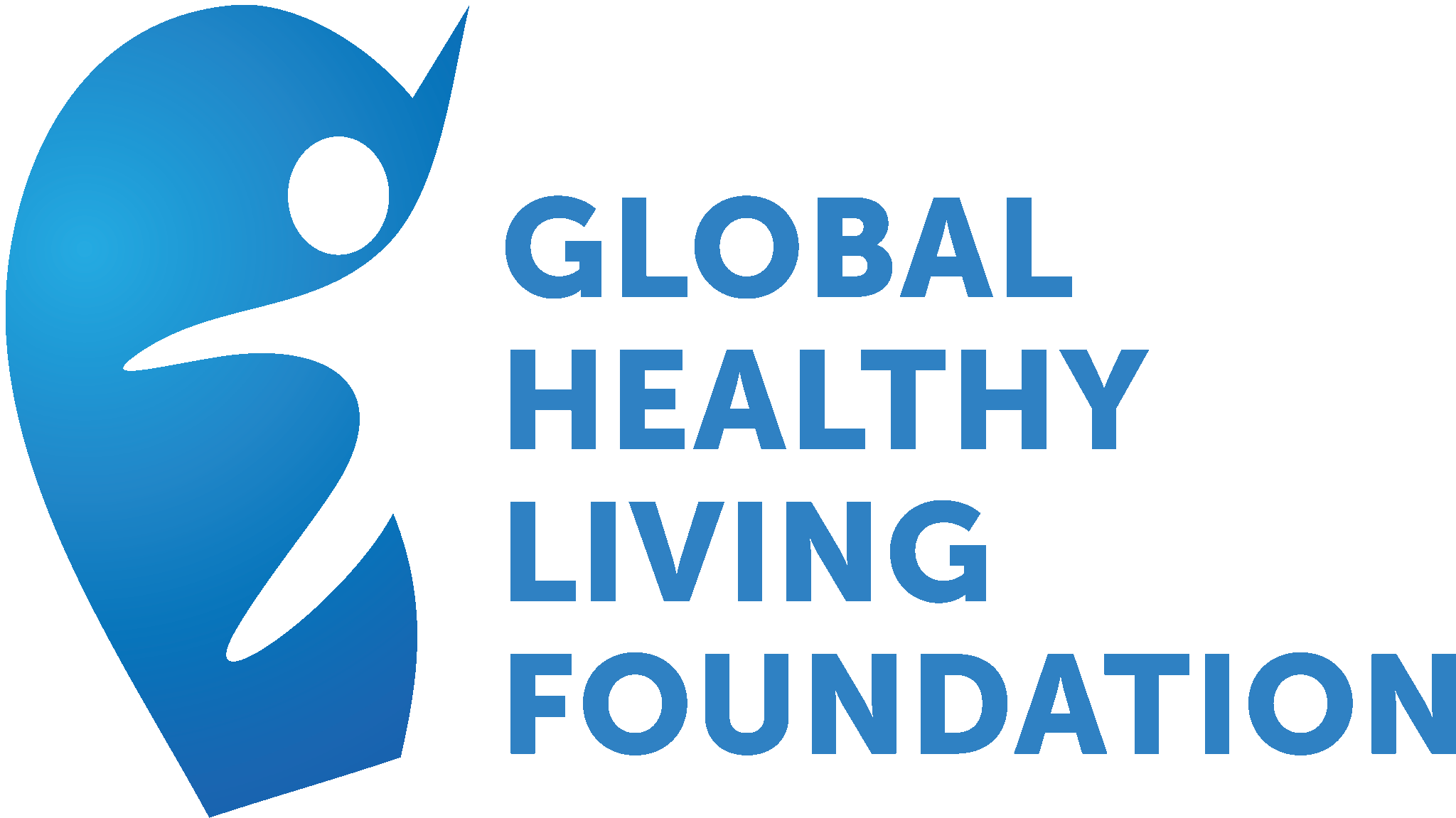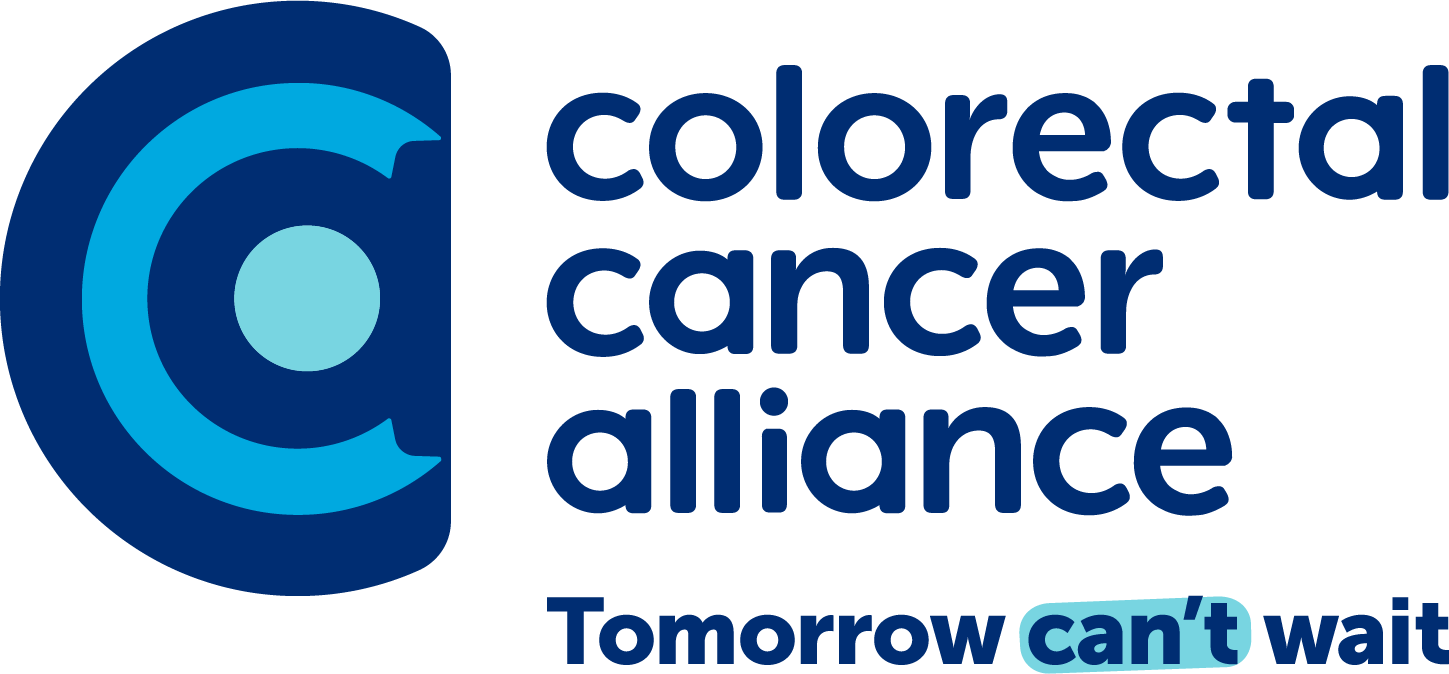UOAA Action Center
Raise Awareness
Resources
You Matter! Know What to Expect and Know Your Rights
Videos created in collaboration with Better Health www.joinbetter.com, Expert Help for Your Ostomy Supplies.
The Ostomy and Continent Diversion Patient Bill of Rights is a tool produced by United Ostomy Associations of America, Inc. for patients to self-advocate for their own care and improve outcomes. It is meant to empower those who live with an ostomy (temporary or permanent) or a continent diversion. It identifies the needs and expectations for those needing this type of surgery and for the community of people who are currently living with an ostomy or continent diversion. It outlines evidence based recommendations for best in practice quality ostomy care for medical professionals.
In order to achieve a desirable quality of life, a person undergoing ostomy or continent diversion surgery must have access to high-quality care in all health care settings. Counseling, care, and educational instruction as outlined in the patient bill of rights should be provided by a certified health care professional such as a Certified Wound Ostomy Continence Nurse, Certified Ostomy Care Nurse, Ostomy Management Specialist, or Ostomy Care Associate.
Disclaimer: The following rights/standards of care may be limited or compromised due to instances when surgery is emergent
The White Paper, which validates the PBOR as a guideline for high-quality standards of ostomy care, has been published in the Journal of Wound Ostomy and Continence Nursing (JWOCN) as an open access article. To best utilize the White Paper download the JWOCN article or cite it from the JWOCN. The benefit of this article being published here is that it gives professional exposure in the literature at the national and international levels, which can contribute to driving the needed systemic change.
Click below for the Ostomy and Continent Diversion Patient Bill of Rights: Research Validation of Standards of Care – White Paper
Full Sized Version of Patient Bill of Rights in English:
(This full sized version is a poster in 11×17 size)
Full Sized Version of Patient Bill of Rights in Spanish:
(This full sized version is a poster in 11×17 size)
Wallet Sized Version in English:
Wallet Sized Version in Spanish:
Click below for the pediatric version
Top 10 ways patients should use UOAA’s bill of rights
to achieve optimal care results
Practices for Ostomy Nurses to Utilize and Support UOAA’s Bill of Rights
Nursing Practices to Utilize and Support UOAA’s Bill of Rights
The original “Ostomate Bill of Rights” was presented to the United Ostomy Association (UOA – the predecessor organization to UOAA) by the International Association of Enterostomal Therapists (now known as Wound Ostomy Continence Nurses) at the UOA House of Delegates Meeting during the Annual Conference in 1977 where they were adopted by UOA. The goal was to inform ostomates that all elements of quality care should be available to them.
UOAA’s goal is to drive change across the country to help improve the quality of your ostomy healthcare and ensure higher standards of care in all healthcare settings. This is why in 2017 UOAA revised these rights, now known as the “Ostomy and Continent Diversion Patient Bill of Rights” (PBOR) so that they are a tool for patients to advocate for their own care.
As a patient you have certain rights. Some are guaranteed by federal law, such as the right to informed consent. This means that if you need a treatment such as ostomy surgery, your healthcare provider must give you the information you need to make a decision.
Although UOAA’s PBOR is not mandated by law that does not make it less important; it just offers no legal recourse. It should be used as a guide for patients and families to know what is reasonable to ask for and what should be asked for to facilitate the best outcome for the patient.
Quality health care is a team effort. Patients need to collaborate with their health care providers and facilities.
If you believe you are not receiving the care you need, you must speak up as an empowered member of your healthcare team.
At the 2017 National Conference board meeting UOAA’s Management Board of Directors formally adopted the revised Ostomy and Continent Diversion Patient Bill of Rights.
UOAA’s Ostomy and Continent Diversion Patient Bill of Rights is Supported By
The Wound and Ostomy Education Program at The Valley Foundation School of Nursing, San José University
American College of Gastroenterology
Charter of Ostomates Rights
In addition, in 1993 the International Ostomy Association (IOA) issued their Charter of Ostomates’ Rights, revised most recently in 2007. This Charter presents the special needs of this particular group and the care they require. They have to receive the information and care which will enable them to live a self-determined and independent life and to participate in all decision making processes.
It is the declared objective of the International Ostomy Association that this CHARTER shall be realised in all Countries of the World.
The Ostomate shall:
- Receive preoperative counseling to ensure that they are fully aware of the benefits of the operation and the essential facts about living with a stoma.
- Have a well-constructed stoma placed at an appropriate site, and with full and proper consideration to the comfort of the patient.
- Receive experienced and professional medical support and stoma nursing care in the preoperative and postoperative period both in hospital and in their community.
- Receive support and information for the benefit of the family, personal caregivers and friends to increase their understanding of the conditions and adjustments which are necessary for achieving a satisfactory standard of life with a stoma.
- Receive full and impartial information about all relevant supplies and products available in their Country.
- Have unrestricted access to a variety of affordable ostomy products.
- Be given information about their National Ostomy Association and the services and support which can be provided.
- Be protected against all forms of discrimination.
- Receive assurance that personal information regarding their ostomy surgery will be treated with discretion and confidentiality to maintain privacy; and that no information about their medical condition will be disclosed by anyone possessing this information, to an entity that engages in the manufacture, sales or distribution of ostomy or related products; nor shall it be disclosed to any person that will benefit, directly or indirectly, because of their relation to the commercial ostomy market without the expressed consent of the ostomate.
Issued by the IOA Coordination Committee, June 1993, Revised June 1997.
Revised by IOA World Council 2004, 2007.
Thank You For Your Interest In UOAA Advocacy Efforts
Please contact us to let us know the issues that are important to you at 1-800-826-0826 or email our Advocacy Manager at advocacy@ostomy.org. You can also follow our advocacy efforts on Twitter @UOAA_Advocate.

